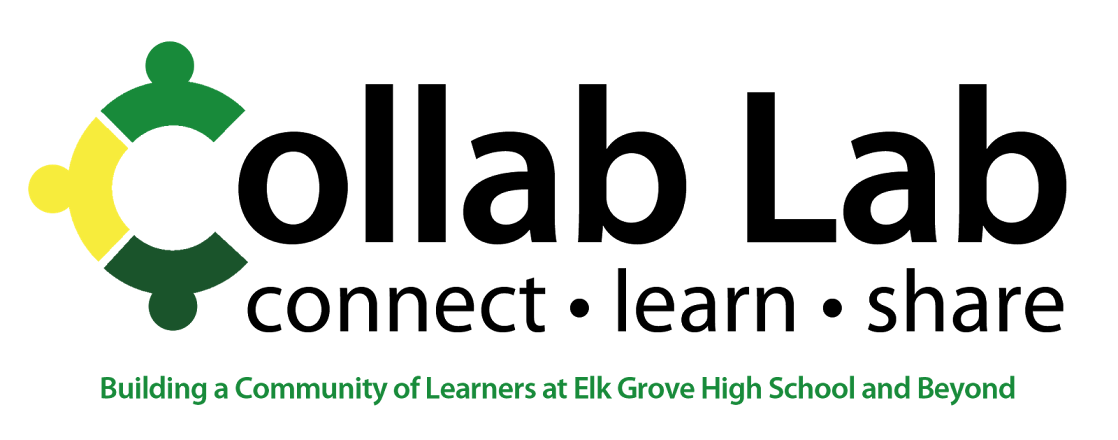By:
Dan Saken
There is such a feeling of finality once students take the
AP test in a given class, for both students and teachers. So how do you convince students to stay
bought in and engaged for the month or so left of school that follows AP
testing? MOVIES!!!!.....just
kidding (mostly). Showing movies
are great to allow students to decompress from the work that went into
preparing for the test (I showed 2 of them in class). But I noticed that most students were looking at their phone
screens more than the movie screen by Movie #2. While the students may say all they want to do
is watch movies, it seemed that my students secretly were yearning for something
that required them to do more than just have a pulse.
My experience and what worked in my class is probably quite
different than other classes because:
a)
AP Psych has a majority of seniors, which is a
different kind of beast (battling senioritis, students absent for other AP
tests or activities, etc.)
b)
Our AP test is the first day of AP week, so we
have more time following the test than others may
I did a few other things in the first couple of weeks after
the test with surveys, reflections, letters, etc., but I took the
second-to-last week for seniors and decided to make it an “Activity Week.” Besides the obvious idea of having fun,
it was also important to me that the activities still connected to Psychology
in some way. It was also important
that each activity be something that could be done in one day; a “quick-hitter”
that held their attention just long enough before the interest wore off. Here is what the week looked like (and
I’ll attempt to hold back on the Psych jargon):
Monday – The Depth Perception Experiment
We do a unit on Sensation & Perception that includes how
we perceive our world using depth perception from both eyes or just one eye, so
this fit perfectly. The great
thing about this activity was the weather cooperated and we could do the
experiment outside. Students got
in teams of 3-4 to conduct an experiment on a person’s ability to catch a
tennis ball with one hand (Thanks PE department!) They were thrown the ball 10 times with both eyes open, then
10 times with only one eye open and were asked to record the data. The students were very competitive,
wanting to do well and genuinely seemed to enjoy the process. In our debriefing once everyone was
done, we were able to calculate the mean, median, and mode, discuss the
independent and dependent variables, brainstorm possible confounding variables,
and more ideas that directly pertain to the Psych material we learned. And they definitely learned that it is
much easier to catch a ball coming at you with both eyes tracking the ball.
Tuesday – The Quotes
Project
We once again took advantage of the weather outside because
the project could be done from anywhere that had Wi-Fi. Each student chose a famous psychologist
we covered in class to create a single slide/poster with a picture, dates of
life, perspective in psychology, and a quote from him or her. I did make it worth points, though not
enough to make much difference on their grade and said they would present it to
the class on Thursday. I attempted
to motivate them even more by saying if their slide was excellent, I planned on
making a poster from it to hang in my room next year and I’d place their name
under it. Presentations on Thursday!
Wednesday – The
Marshmallow Challenge
Students were placed in teams of 4-5 people to compete in a
teambuilding activity that focused on their ability to be creative and use
divergent thinking. They were
given spaghetti, tape, string, a marshmallow and 18 minutes to build the
tallest structure possible that could stand on its own with the marshmallow on
top (and create a team name). Once
again, I found the students incredibly engaged and working together to find
solutions to this admittedly silly challenge while still being able to connect
the lessons from the activity to psychological concepts.
Thursday – Quotes
Project Presentations
Students were given the floor to project their slide up on
the screen for the class to see and present their psychologist and his or her
quote. I obtained some phenomenal,
poster-worthy material that I will definitely be putting up in my room and
every student in class got their moment in the spotlight (whether they wanted
it or not), receiving a one-clap from the class for their efforts. Only 3-4 did not complete it out of my
70 students, which I was incredibly pleased with….and I got some new classroom
decorations in the process!
Friday – Senior “Absentee”
Day
I didn’t have an activity planned for this day….for obvious
reasons :).
The feedback I got from students when I asked them about the
week was overwhelmingly positive, with most students saying they were open to
doing more. One thing that I
strongly believe helped in the success of the activities was that each activity
was really a One-Day thing. If I tried to do an extended assignment
of some kind, I don’t think it would have been nearly as successful in keeping
the students engaged throughout. I
already have more ideas for next year, but I also hope I can incorporate some
of these types of activities into the regular curriculum as a change of pace
and opportunity for application of what they’ve learned. Because in case you didn’t know, “Psych
is Life.”








